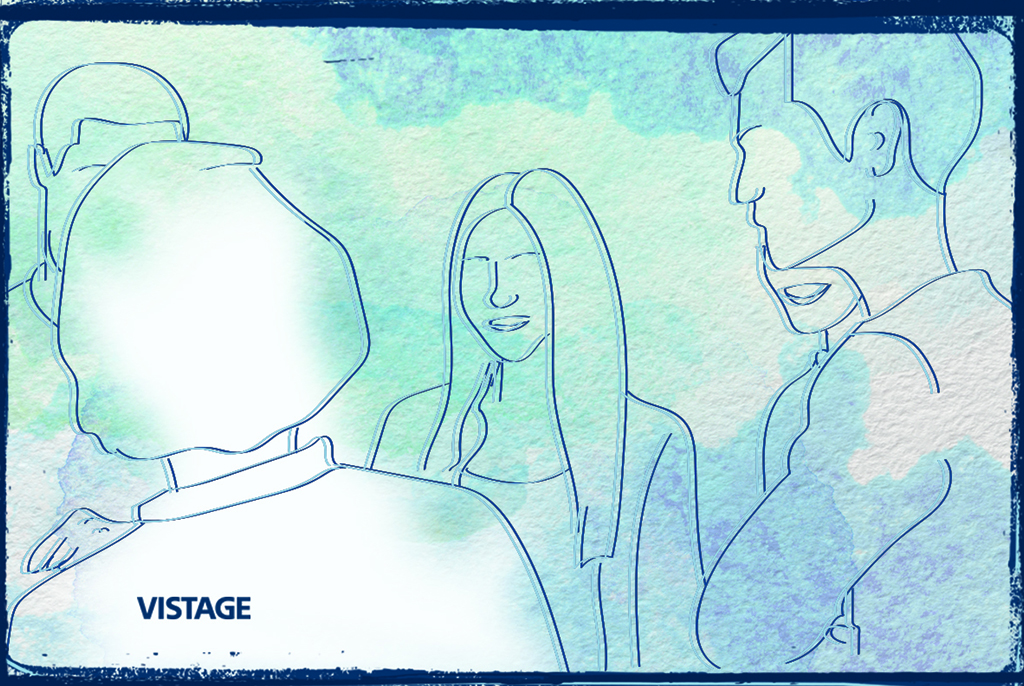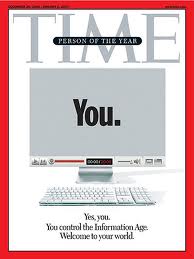The Language of Peer Influence

Idioms in every language unite cultures the world over. They underscore what people intuitively understand about their socially constructed reality. And in the English language, when it comes to illustrating the power of peer influence, there is no shortage of idiomatic expressions: Birds of a feather flock together. We’re all in the same boat. We’re known by the company we keep and great minds think alike are among the most common. The popularity and commonality of these expressions, while just figures of speech to some, reflect a simple truth that our peers matter – they really matter. Our friends and colleagues encourage us, compete with us, and share common aspirations. We either lift each other up, hold one another at bay, or drag each other down. Not to spill the beans here, but one can easily make the argument that it’s our peers (not our leaders) who have the greatest influence on our success and happiness.
Our parents understood the power of peer influence. It’s why they were always so inquisitive about our friends and classmates. They realized that even in an  ideal parent-child relationship, peers wielded enormous power. I recall several exhortations from my mother, “If Jimmy jumped off a bridge, would you do it too?” I’m guessing you may have heard that (or some version of it) when you were a kid as well. And while you may not have jumped off the bridge, it’s likely you were led astray a time or two. Or on the positive side, you studied more and worked harder because of a friend who led by example.
ideal parent-child relationship, peers wielded enormous power. I recall several exhortations from my mother, “If Jimmy jumped off a bridge, would you do it too?” I’m guessing you may have heard that (or some version of it) when you were a kid as well. And while you may not have jumped off the bridge, it’s likely you were led astray a time or two. Or on the positive side, you studied more and worked harder because of a friend who led by example.
Turns out, our parents are still right. In fact, the persuasive power of peer groups of all ages in today’s interconnected world is even more pervasive than ever. In this age of social media, we’re far less inclined to trust institutional experts; instead, we trust the opinions and experiences of peers we’ve never met ( peers as in fellow consumers, readers, car buyers, etc.). We trust these online “peers,” with whom we have something temporarily in common, with everything from book recommendations and product reviews to which college we should attend and what car we should buy. This dynamic was in part responsible for “You” (or “Us” I suppose) to have been named TIME Magazine’s Person of the Year in 2006.
Of course our parents always understood this. It’s why they were so inquisitive about our friends and classmates. They knew that even in the ideal parent-child relationship, peers wielded enormous power. I recall my mother responding to what she observed about my changed behavior (which she attributed to my new best friend) by asking, “If you’re friend Jimmy jumped off a bridge, would you do it too?” I’m guessing you may have heard that (or some version of it) when you were growing up as well. And while you may not have jumped off a bridge, it’s likely you were led astray a time or two. Or on the positive side, you studied more and worked harder because of a friend or colleague who led by example.
As we’ve gotten older, none of that has changed. In fact, because of the digital platforms that connect us, peer influence is more pervasive than ever. In this age of social media, we’re far less inclined to trust institutional experts; instead, we trust the opinions and experiences of peers we’ve never met (fellow consumers, readers, car buyers, etc.). We trust these online “peers,” with whom we have something temporarily in common, with everything from book recommendations and product reviews to which college we should attend and what car we should buy.
Peers matter in our organizations as well. And while I can appreciate the number of scholars and writers who have written enough leadership books to occupy our time for the next two hundred years (assuming you read one a day), let me go out on a limb to say that if you’re seeking to improve productivity, inspire employee engagement, and continuously improve at all levels, then start paying attention to the role peer influence plays in your organization.
Category : Personal Development


This is what culture is all about; 8 out of 10 companies do not intentional design their culture. The opportunity for competitive advantage is huge. If you could design the behaviors for your culture so that everyone knew, “this is how we do things here”, what would those be?